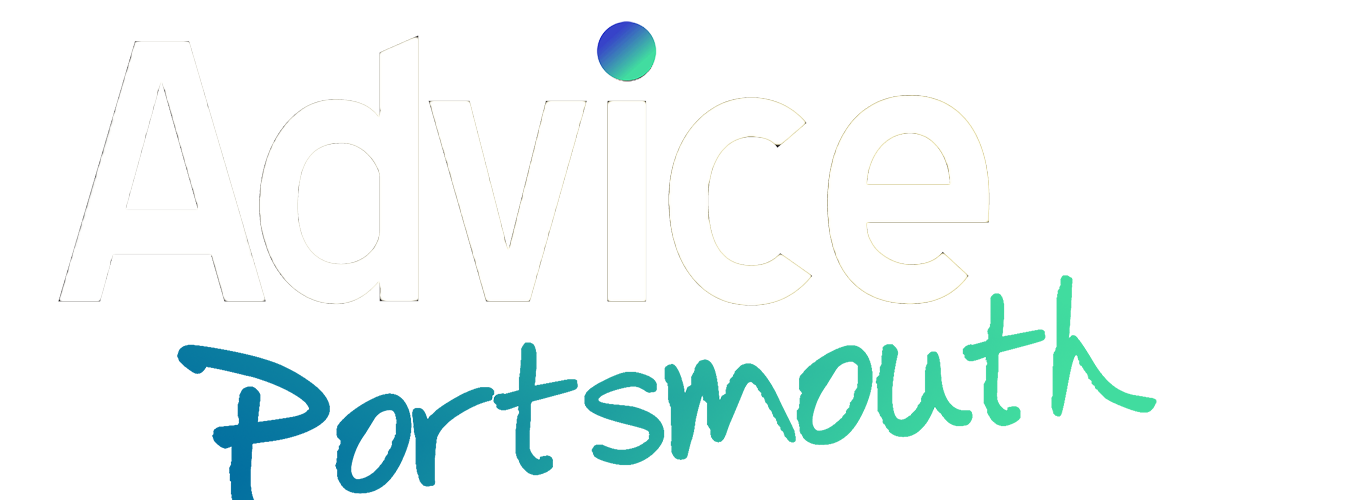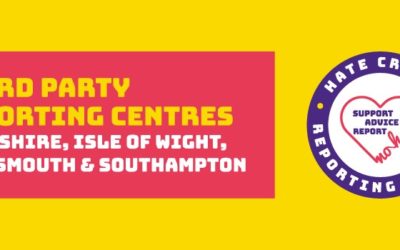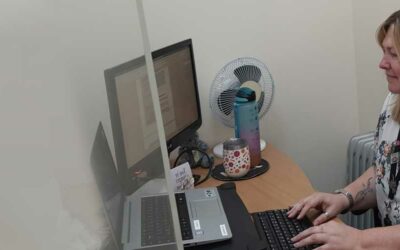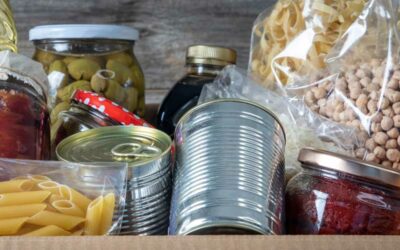As part of Loan Shark Awareness Week, we spoke to Deanne, Senior Frontline Advisor at Advice Portsmouth. Deanne delivers workshops on financial matters like debt, rent, and universal credit.
My name is Deanne and I am the Senior Frontline Advisor at Advice Portsmouth. Part of my role is to deliver YOUr Money Workshops. These are fun and interactive workshops and the aim is to get people talking about debt, credit, saving, budgeting and to encourage those conversations to continue with friends and family.
One of the activities within the workshop sessions focuses on the consequences of debt. What happens if you don’t pay?
As a group, we discuss whether the debt would be a priority debt (ones you should pay first) or a non-priority debt (less serious consequences if not paid).
Here are some examples of a priority debt and why they are priority:
| Debt | Consequences |
| TV licence |
|
| Mortgage |
|
| Rent |
|
| Council Tax |
|
| Gas and/or electricity |
|
A few examples of non-priority debts:
| Debt | Consequences |
| Water |
|
| Credit cards |
|
| Catalogue debts or store cards |
|
| Phone / mobile bills or cable TV subscriptions |
|
Which category would you place Loan Sharks in – priority debt or non-priority?
This one creates the most conversation. Generally, it is decided that it is a priority debt. The reasoning behind this is that the loan shark may become threatening if they’re not paid. They’re likely to know where you live, and this can be unsettling. They may know other family members or friends and you may be worried for their safety.
However, this is not a priority debt. This is illegal lending and if you feel you are in anyway threatened should report it to the police. Stop loan Sharks has a helpline you can call 24/7 and they can provide support if you find yourself in this situation – 0300 555 2222.
In an emergency always call 999 first.



